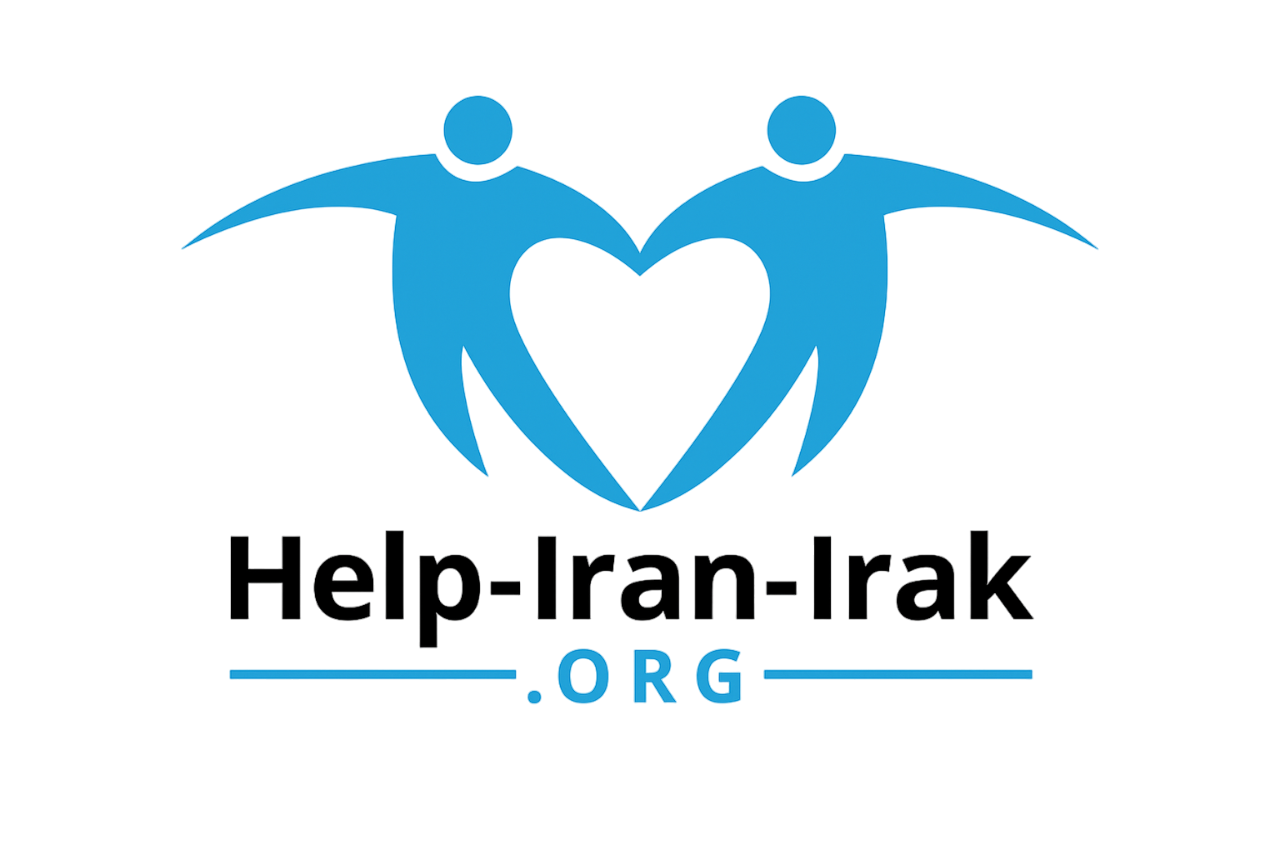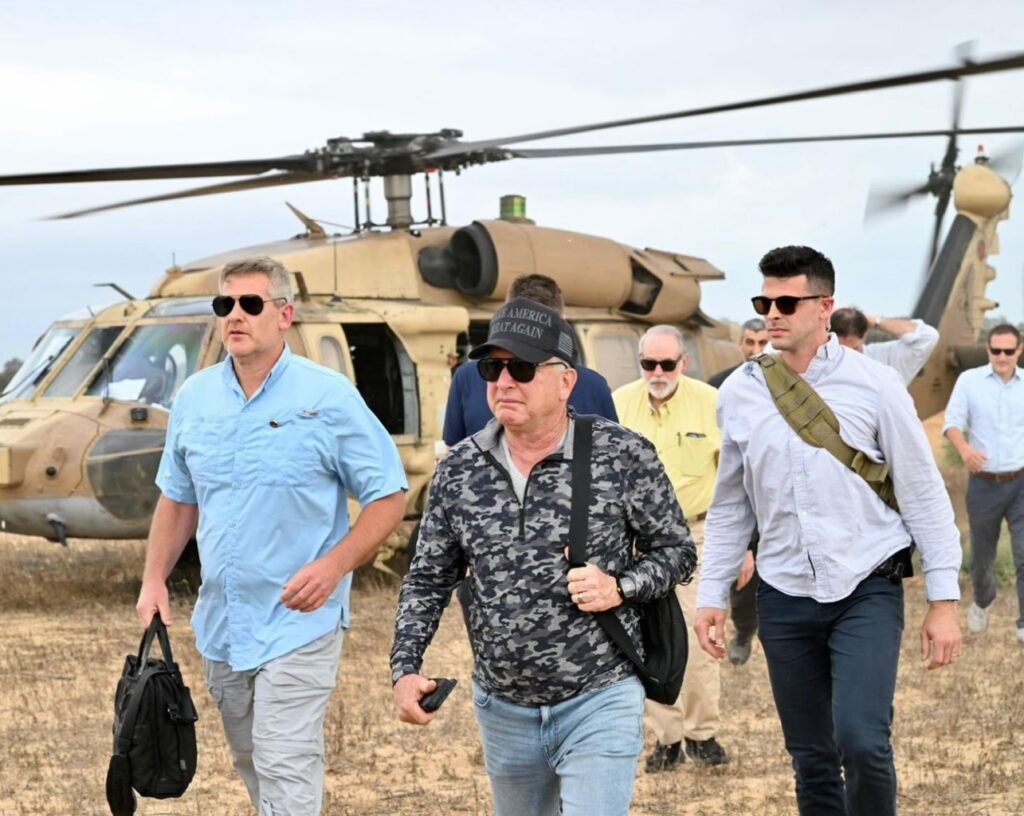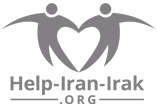The humanitarian situation in Gaza continues to deteriorate at an alarming rate. According to the United Nations Office for the Coordination of Humanitarian Affairs (OCHA), over 1,373 Palestinians have died while waiting for food and aid since late May. These deaths are not from direct combat, but from delays, lack of access, and systemic failures in aid delivery across the region.
During a recent visit, U.S. Envoy David Satterfield toured one of the largest UN-operated food distribution sites in northern Gaza. His presence aimed to reaffirm America’s commitment to humanitarian relief, but it also underlined the urgent need for coordinated international action to ensure aid reaches civilians safely and consistently.
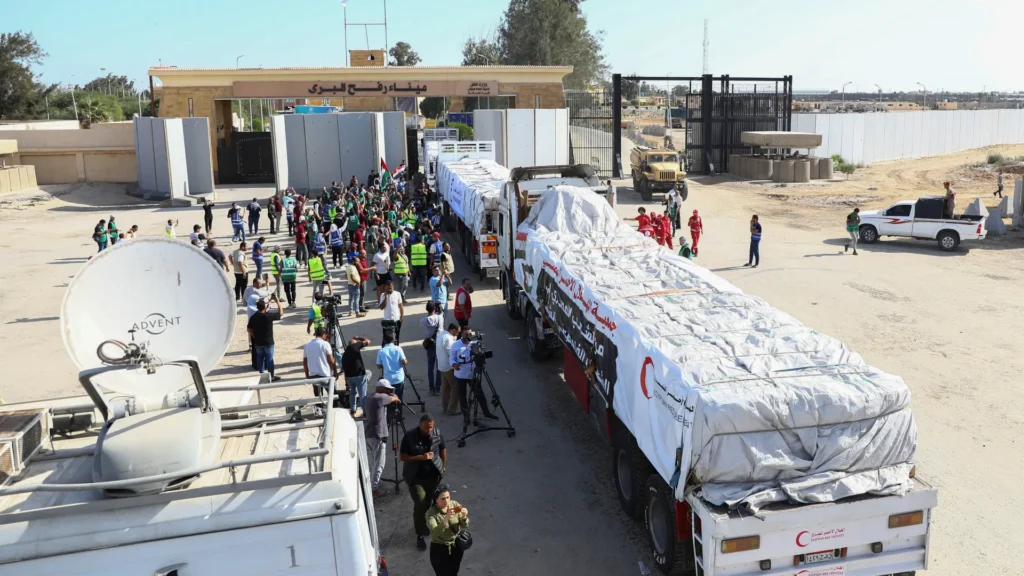
Aid Blockages and Civilian Desperation
Despite the pledges, aid convoys are frequently delayed or turned back at checkpoints controlled by the Israeli military. UN officials report that only 20–30% of planned aid deliveries successfully reach their destinations.
In a press briefing, UNRWA spokesperson Tamara Alrifai emphasized:
“Civilians are dying not from lack of aid availability, but because that aid is being systematically prevented from arriving where it’s needed.”
The tragedy is compounded by growing chaos at distribution points. With people desperate and starving, there have been reports of stampedes, mob looting, and even gunfire near aid lines.
The Role of International Diplomacy
While diplomatic efforts continue behind closed doors, humanitarian agencies are calling for a full ceasefire and unfettered humanitarian access. The U.S. envoy’s visit sparked hope but also skepticism—many on the ground question whether international visits lead to any concrete improvements.
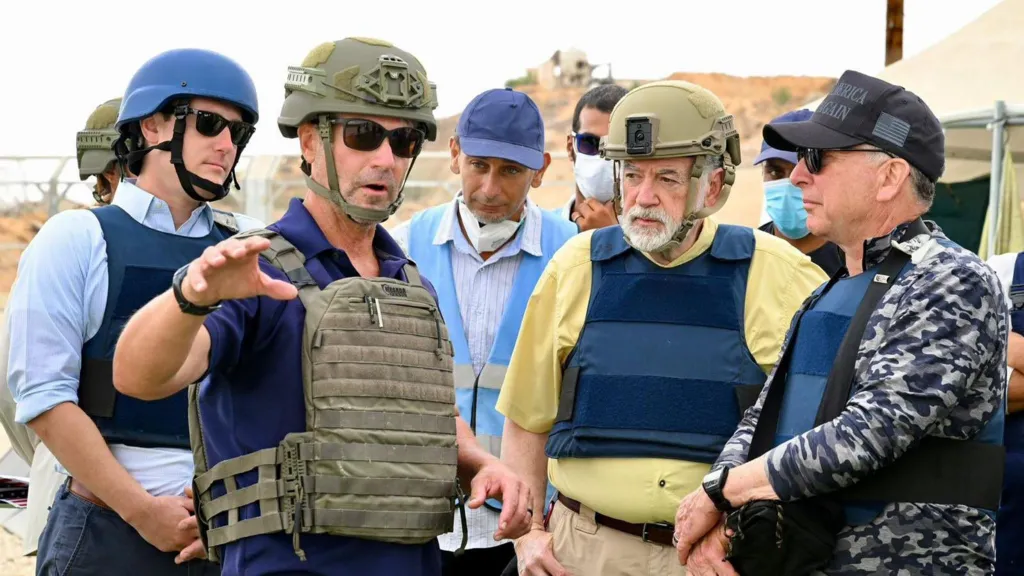
Key organizations including Médecins Sans Frontières, the ICRC, and Save the Children have all called for an independent humanitarian corridor, protected by international law and monitored by neutral observers.
What Can You Do?
At Help Iran Irak, we are actively coordinating with field partners and NGOs to support civilians trapped in this crisis. Your donations help us:
- Deliver food packages in inaccessible zones
- Support emergency medical teams
- Pressure for international accountability and transparency
Together, we can break the blockade of hunger.
Stay informed. Stay engaged. Stand in solidarity.
